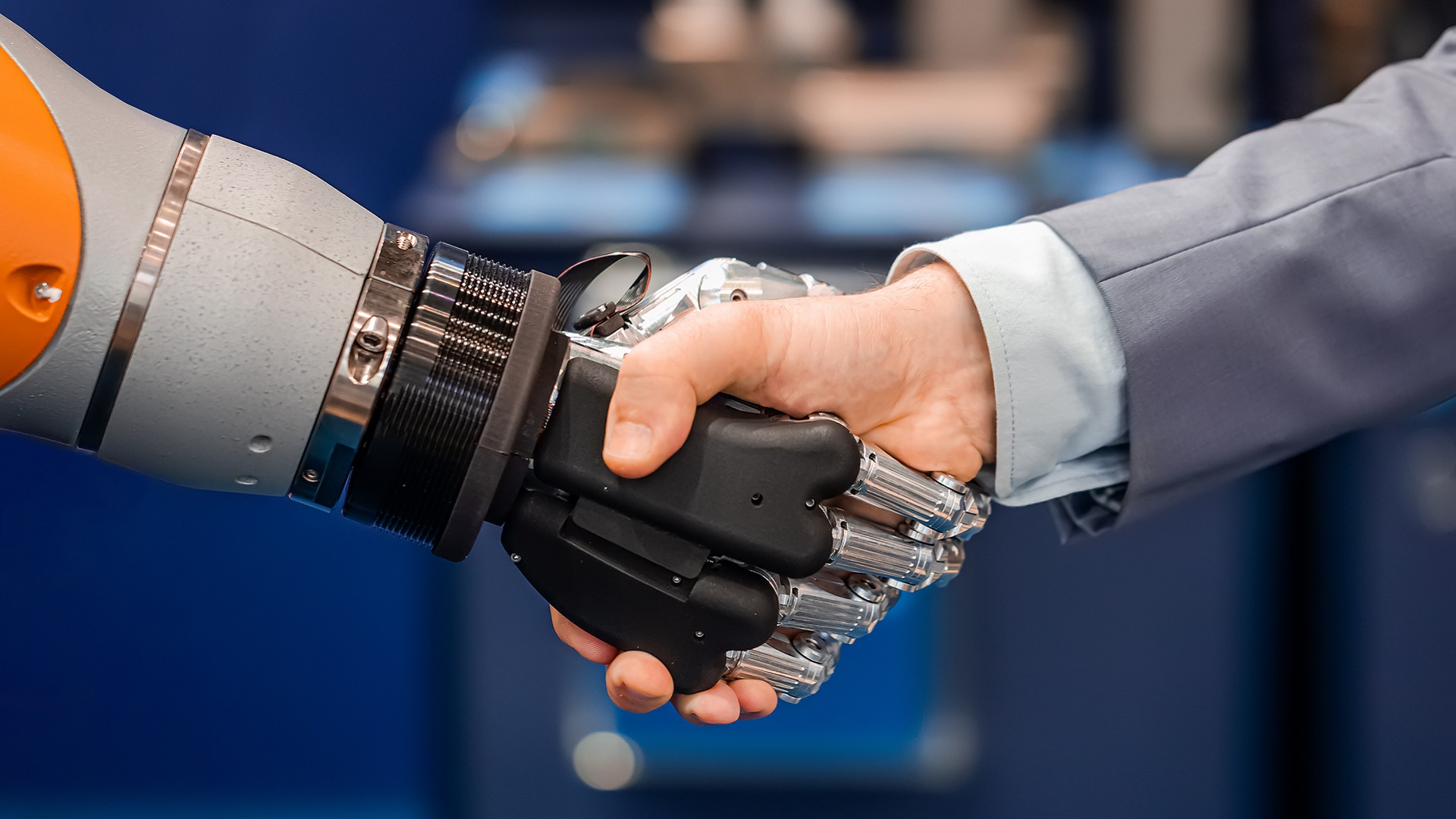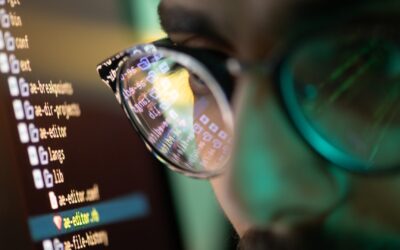In a world where every scroll through a news feed feels like a journey into the unknown, one theme consistently steals the spotlight: the rise of artificial intelligence (AI) and its potential to swipe jobs from under our feet. From robots flipping burgers to algorithms crunching numbers better than your favorite accountant, it seems humans are on the brink of being upstaged by our machine-based counterparts.
Concerns about being replaced by tech are nothing new; humans have grappled with this fear since as far back as the Great Depression. The classic film Modern Times, which hit screens in 1936, serves as a poignant reminder, offering a satirical take on the perennial tension between humans and technology. One of the most iconic scenes in the film involves the main character, the Little Tramp, being consumed by the factory’s machinery, symbolizing technology replacing human labor in manufacturing and the potential consequences for workers. It reflects the anxieties of the time about the rise of automation and its impact on employment. This theme continues to resonate in discussions about AI and robotics in the modern era.
AI-powered training software is at the heart of this new age of progression, a solution that is reshaping the workforce by enhancing employees’ capabilities.
There’s good news despite the hoopla and nightmares about machines consuming our colleagues. Contrary to popular belief, AI is not just about automation and efficiency; it’s about empowering human employees to reach new heights of skill, innovation, and job satisfaction — underscoring the importance of embracing AI as a supportive partner rather than a replacement for human labor.
The Human Touch: Redefining the Role of AI
The advent of AI has undeniably transformed the way we work. From streamlining processes to enabling predictive analytics, AI has revolutionized industries across the board. However, this rapid technological advancement has also sparked fears of job loss and dehumanization in the workplace. As machines become more capable of performing tasks traditionally carried out by humans, the existential question looms large: what is the future of work in an AI-driven world?
Read this article in full here.
Dr. David Schippers brings decades of industry experience in information technology, cybersecurity, and project management for large core system designs, quality assurance testing and system implementations, impacting regional, national and international business operations nearing a billion dollars. Dave earned his Doctorate of Science in Cybersecurity from Capitol Technology University. Dave’s doctoral research focused on source device authentication, assessing engineering and forensic authentication techniques. He earned his MS in Information Systems Management and his undergraduate degree in Information Security and Intelligence with a concentration in digital forensics from Ferris State University. Additionally, Dave has earned multiple industry certifications, including the CISSP and EnCE, and holds a professional investigator license in Michigan.




